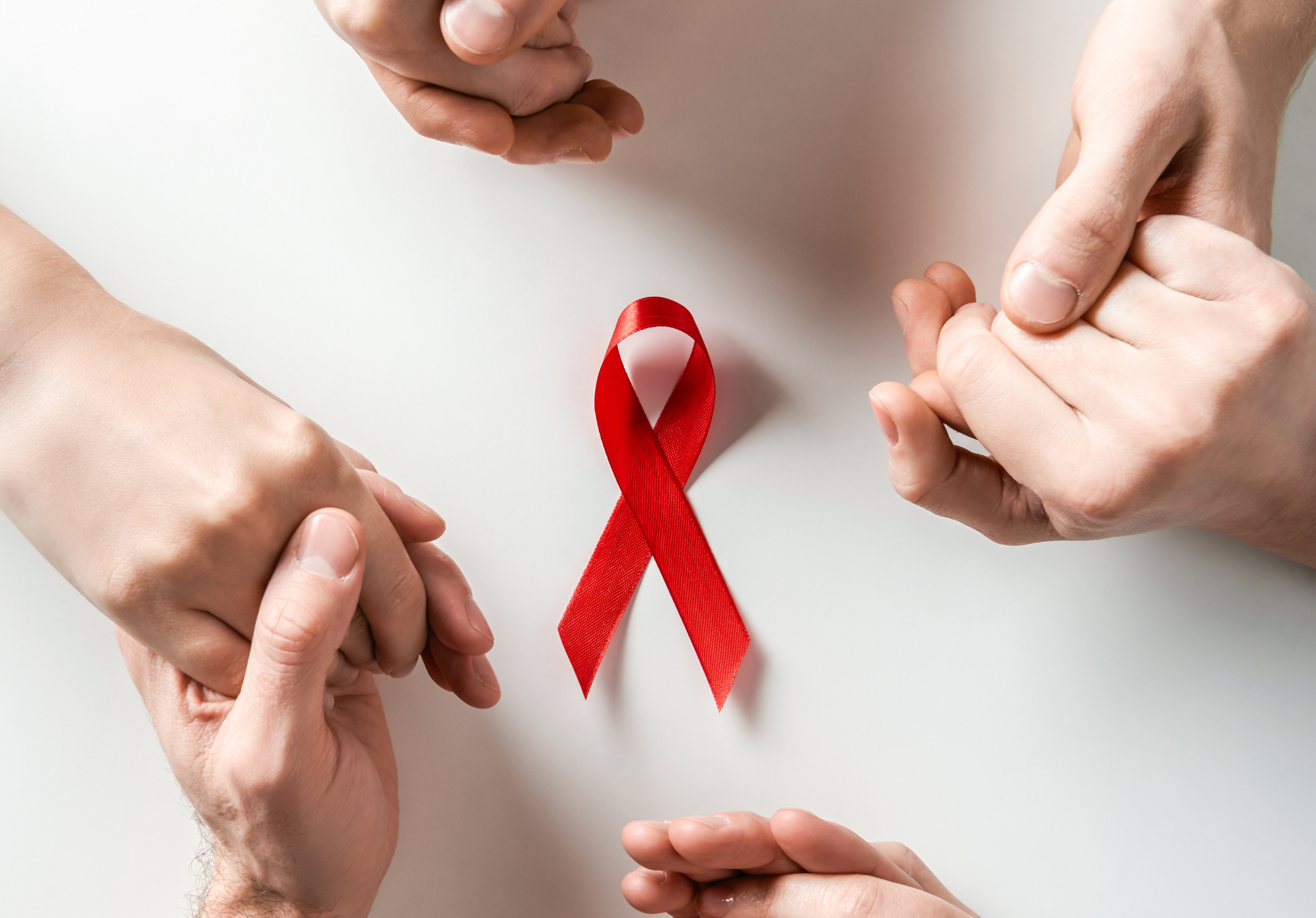Due to recent advancements in HIV research, the prognosis for patients who receive an HIV diagnosis is better than ever. People with HIV can now get to the point where the disease is undetectable, and they can’t spread the disease to others. However, that doesn’t mean these patients are out of the woods. One factor that makes a difference in how things typically go for HIV patients is age. Here are the ways HIV impacts people differently, depending on where they are in life:
Adolescents and Young Adults
For young adults, who may still be new to navigating relationships and sexual health in general, an HIV diagnosis can be a serious blow to the ego. The stigma feels stronger to people in this age group, and they may be less compelled to seek treatment. While prevention is key, it’s also important for teens and young adults to get tested and start getting treated as soon as they receive a diagnosis. It’s also important for them to seek support from trusted friends and family.
Middle-Aged Adults
While middle-aged adults tend to be more mature and may be less concerned about the stigma surrounding HIV, they have their own set of challenges. People at this stage of life are more likely to be dealing with other health issues that come up as we age. Unlike teens and younger adults who may have community resources and support systems, middle-aged adults often find that the financial burden falls on them. For this age group, it’s essential to find a strong support system and practice healthy coping mechanisms.
Older Adults
As we age, our risk of complications increases with any diagnosis. HIV can be especially strenuous on the system of someone who receives this diagnosis at an old age. Not only are there comorbidities to worry about; there can also be issues with access to healthcare and support services. They may struggle to afford their HIV treatments and not have the ability to independently travel to appointments. What these adults need more than anything is community support, though they’re unlikely to ask for it unless it’s an emergency. If you know an older adult with HIV, try checking up on them every once in a while.
Depending on where you are in life, HIV can impact you in different ways. If you believe you may be at risk of HIV, remember the importance of regular testing. Once you’re diagnosed, get with a specialist to set up a treatment plan. Need help navigating an HIV diagnosis? The team at Infections Managed offers free, confidential testing and patient-focused treatment options. Contact us today to learn more.

